
College students’ Halloween costumes often transcend the simple ghosts and clowns of our childhood. Today, the holiday is viewed as an opportunity to dress up as a favorite movie character, create funny matching costumes with friends or simply dress promiscuously without any social repercussions. In many cases, current pop culture tends to influence the most popular choices. The holiday is a chance to be something you are not, but that comes with the responsibility of choosing a costume that does not culturally appropriate a group of people.
Cultural appropriation is defined as the borrowing or taking of traditional knowledge, ideas, artifacts or expressions of another culture by someone who does not identify with that culture. This can include unauthorized use of dance, clothing, symbols, language, music and other culturally defining aspects. This is commonly seen in the United States among members of a dominant culture appropriating cultural customs of those within minority groups or any group that has experienced oppression and discrimination.
Media and pop culture perpetuate this with current fashion trends and the selection of Halloween costumes. Famous icons such as Katy Perry and Miley Cyrus are guilty of cultural appropriation – Perry for her many inaccurate depictions and wardrobe of different cultures and Cyrus’ famous love of “twerking”.
A simple Google search for “Top 2014 Adult Halloween Costumes” finds plenty of costumes guilty of cultural appropriation. Among the police officers, animals and superheroes, which are perfectly suitable choices, linger the Native American headdresses, sumo wrestling suits, Geisha kimono outfits, multicolored Mexican ponchos and sombreros and dreadlock wigs. To further exacerbate the problem, the online models are usually never in the identifying ethnic or racial group that the costume is addressing.
Wearing certain kinds of make-up, a piece of fabric, a wig or a mask represents much larger problems than an inappropriate Halloween costume. They represent the longstanding historical repercussions of racism, colonization, discrimination and genocide. Even a deep appreciation and knowledge of a culture one does not identify within, or approval from one friend within that culture, does not exempt that act from being considered a cultural appropriating costume. To be blunt, if you are not a part of the ethnic or cultural group that your costume is depicting, that costume is not for you.
In reality, are there going to be culturally appropriating costumes this Halloween on campus? An educated guess would be yes. To eliminate the amount of costumes that commit this culture crime and make the campus a more inclusive and equal place, please pay attention to what you are wearing. Especially in light of recent events on campus, be wary of the message that is really being sent when a costume is worn. If you are not sure if your costume is in the safe zone, ask your Resident Assistant, a friend or the Internet. Ultimately you have the freedom and power to choose what you put on your body, but while exercising your freedom to dress the way you want, be mindful and respectful of all people and their cultures.
Erica Garnett can be reached at [email protected].



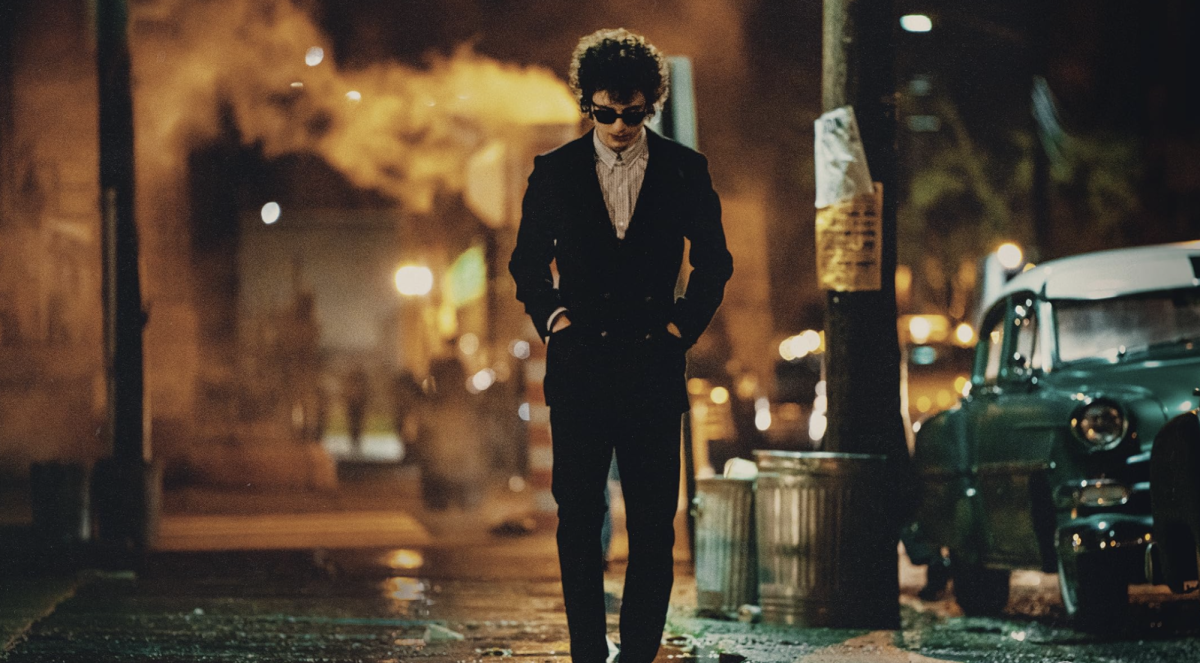

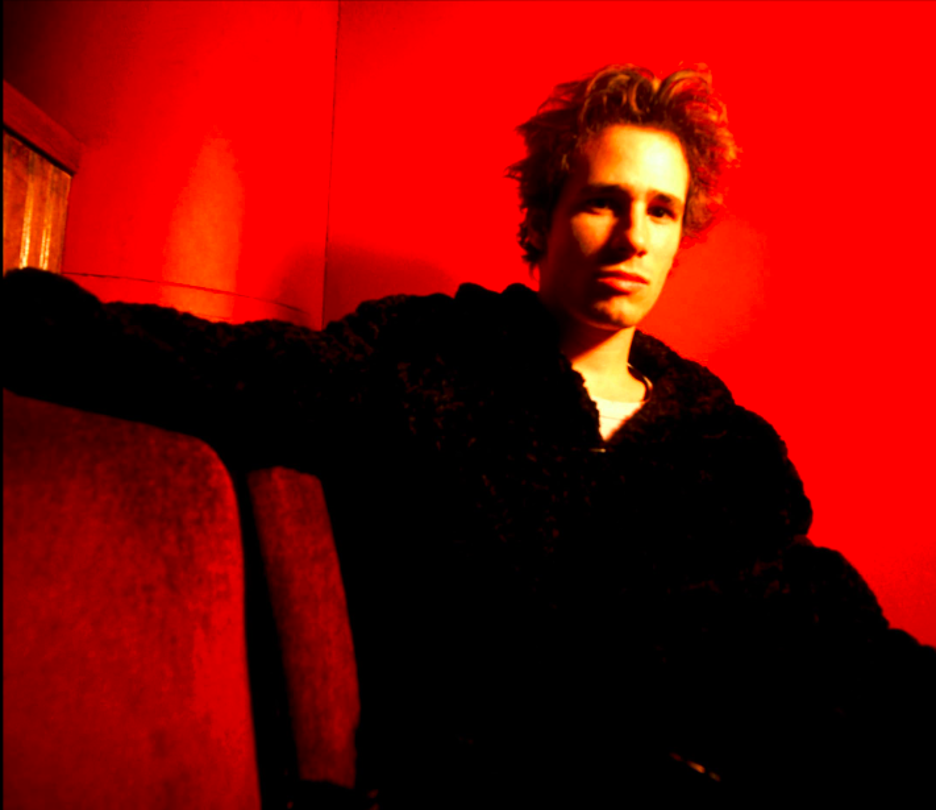
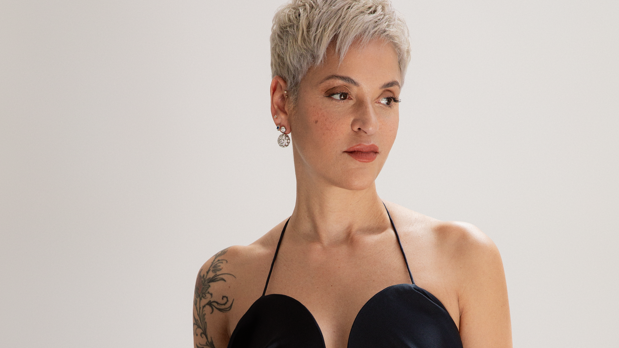



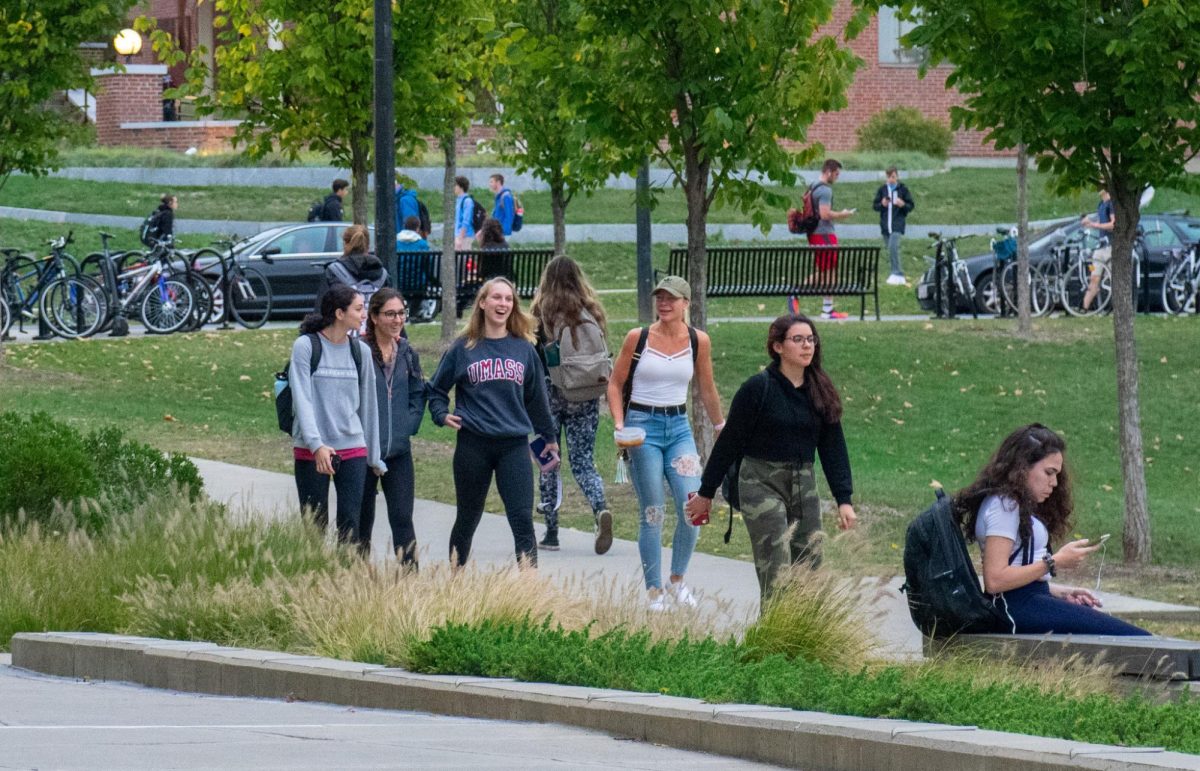


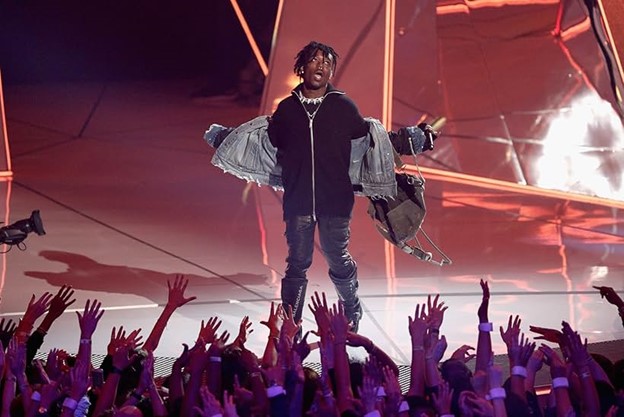

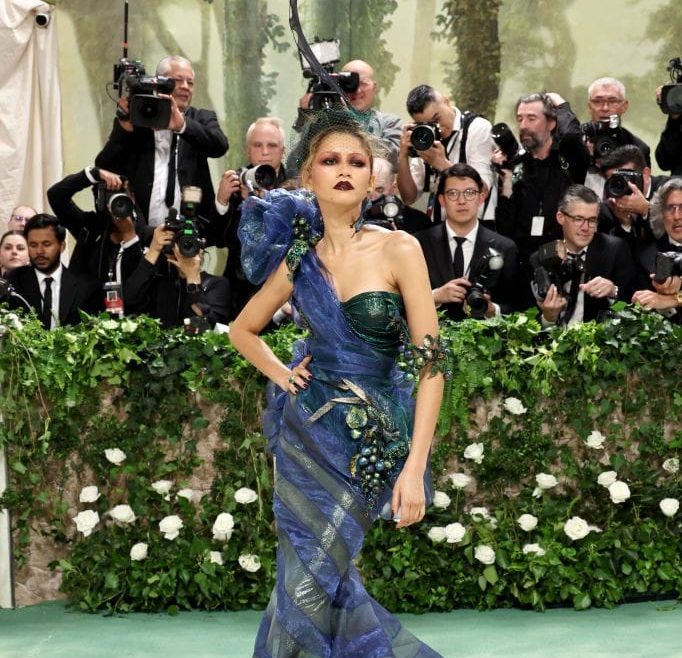

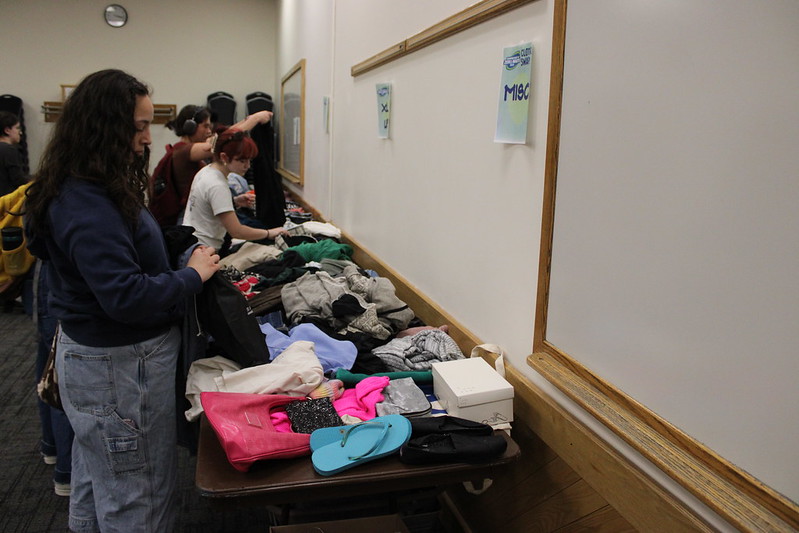
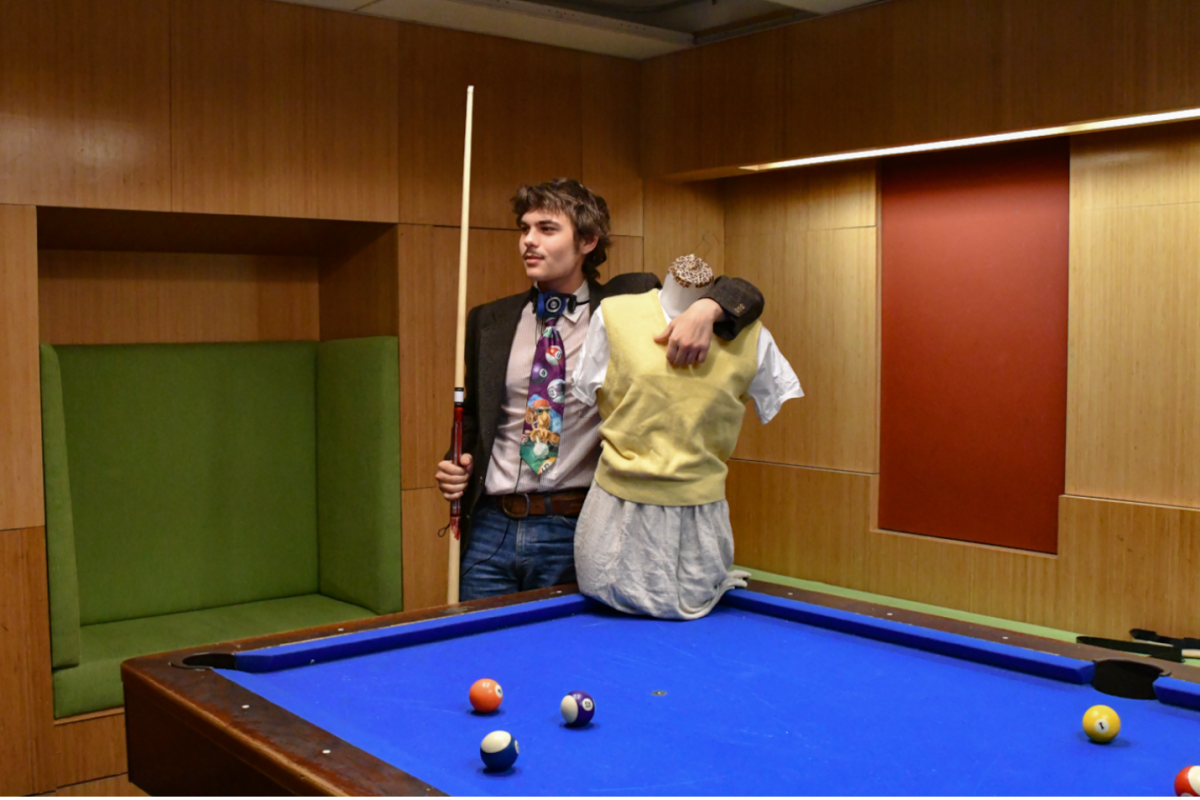
Blue Crow • Oct 30, 2014 at 1:13 am
A helpful video on understanding cultural appropriation, beginning with its emergence from the hellhole that is Tumblr
https://www.youtube.com/watch?v=0USsMKUFd4c